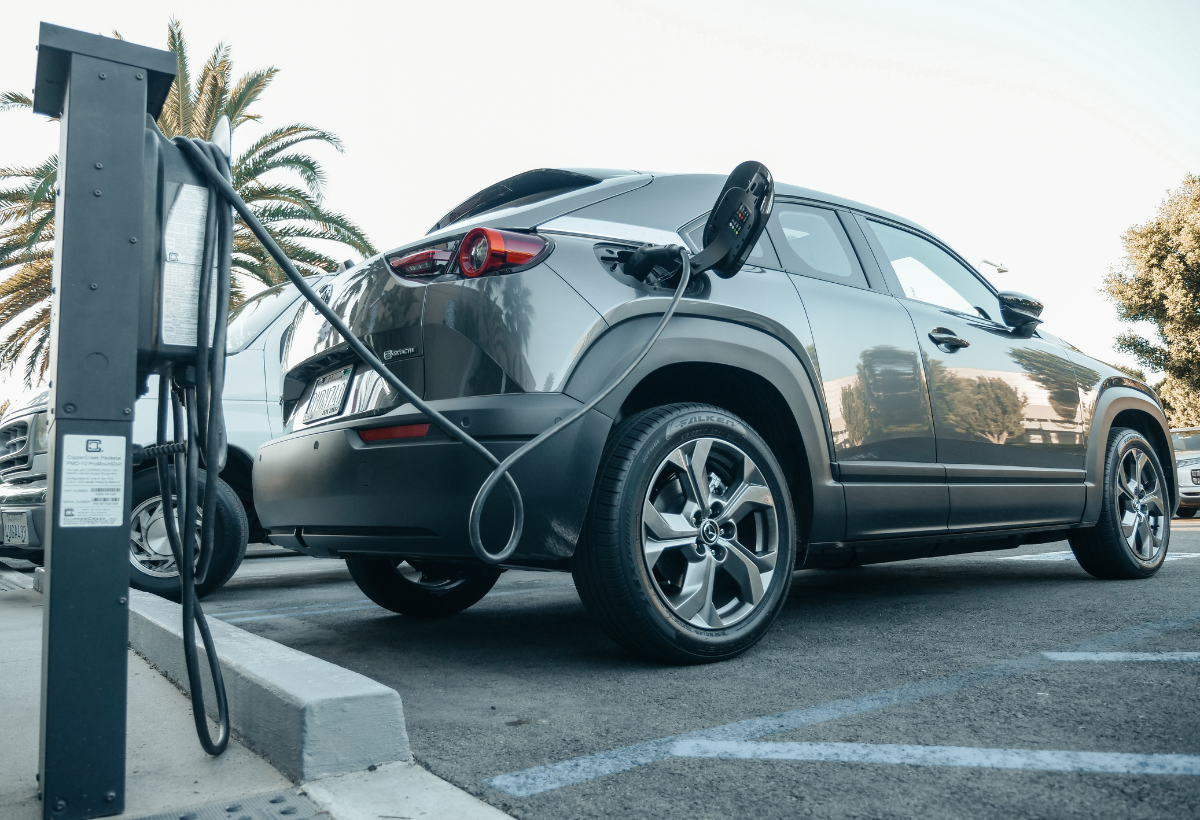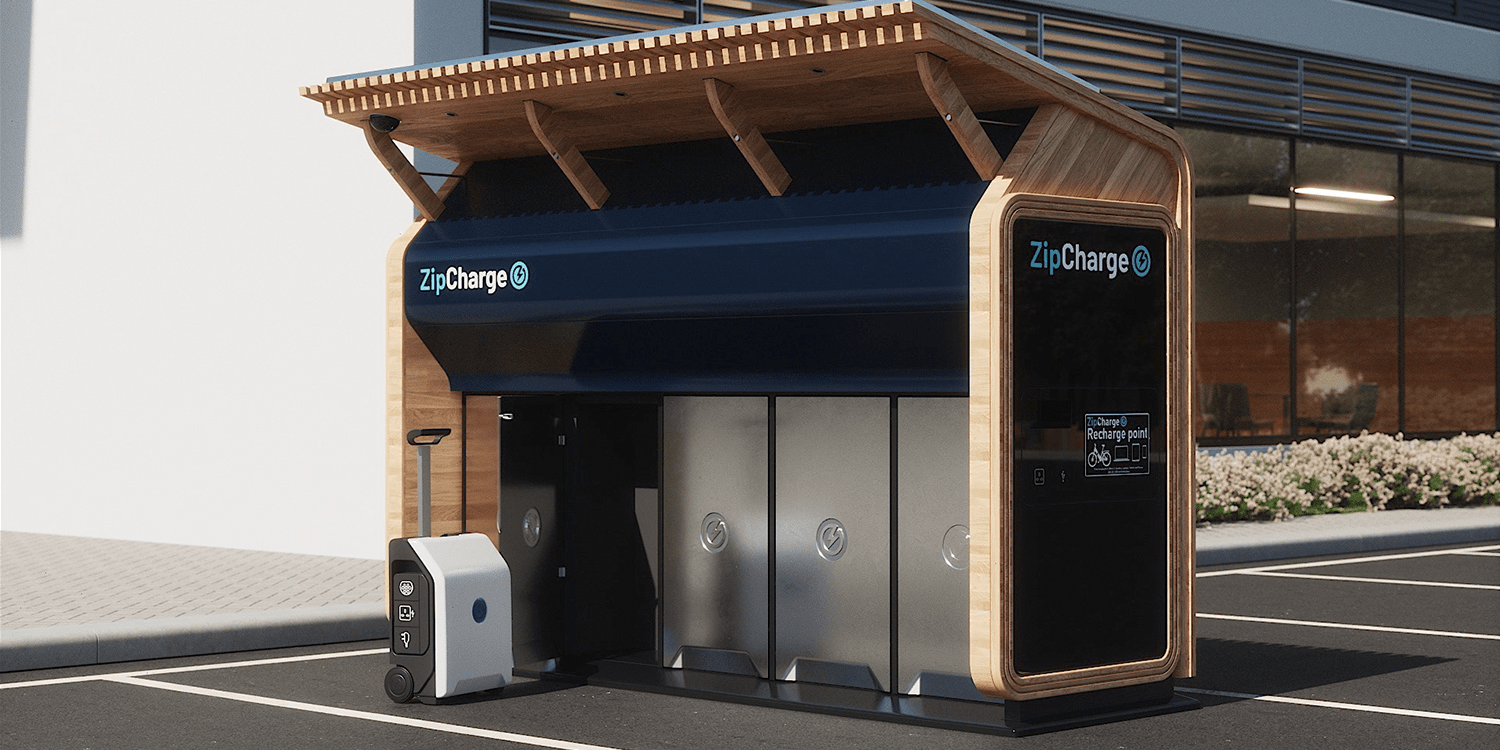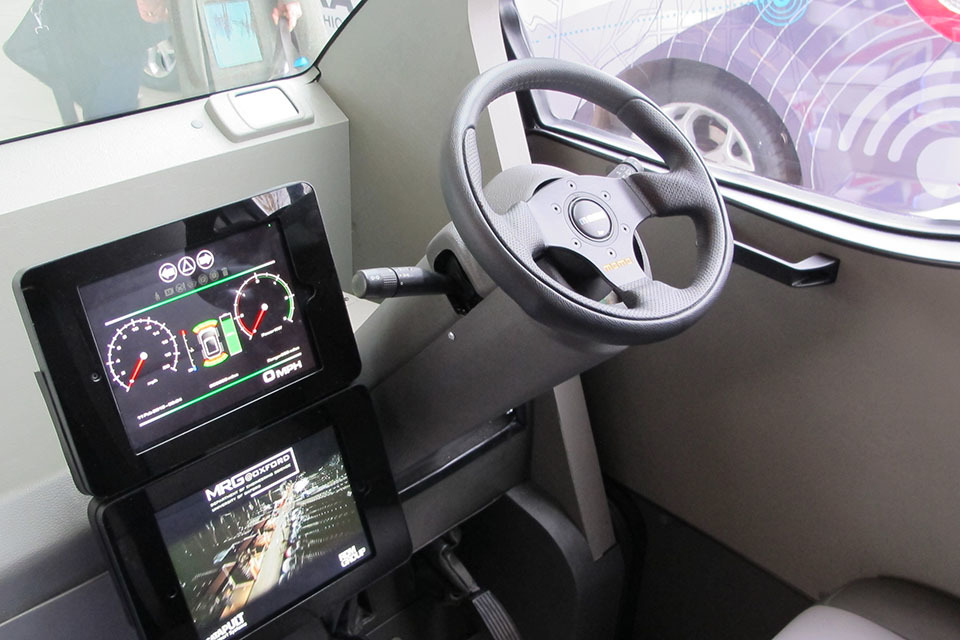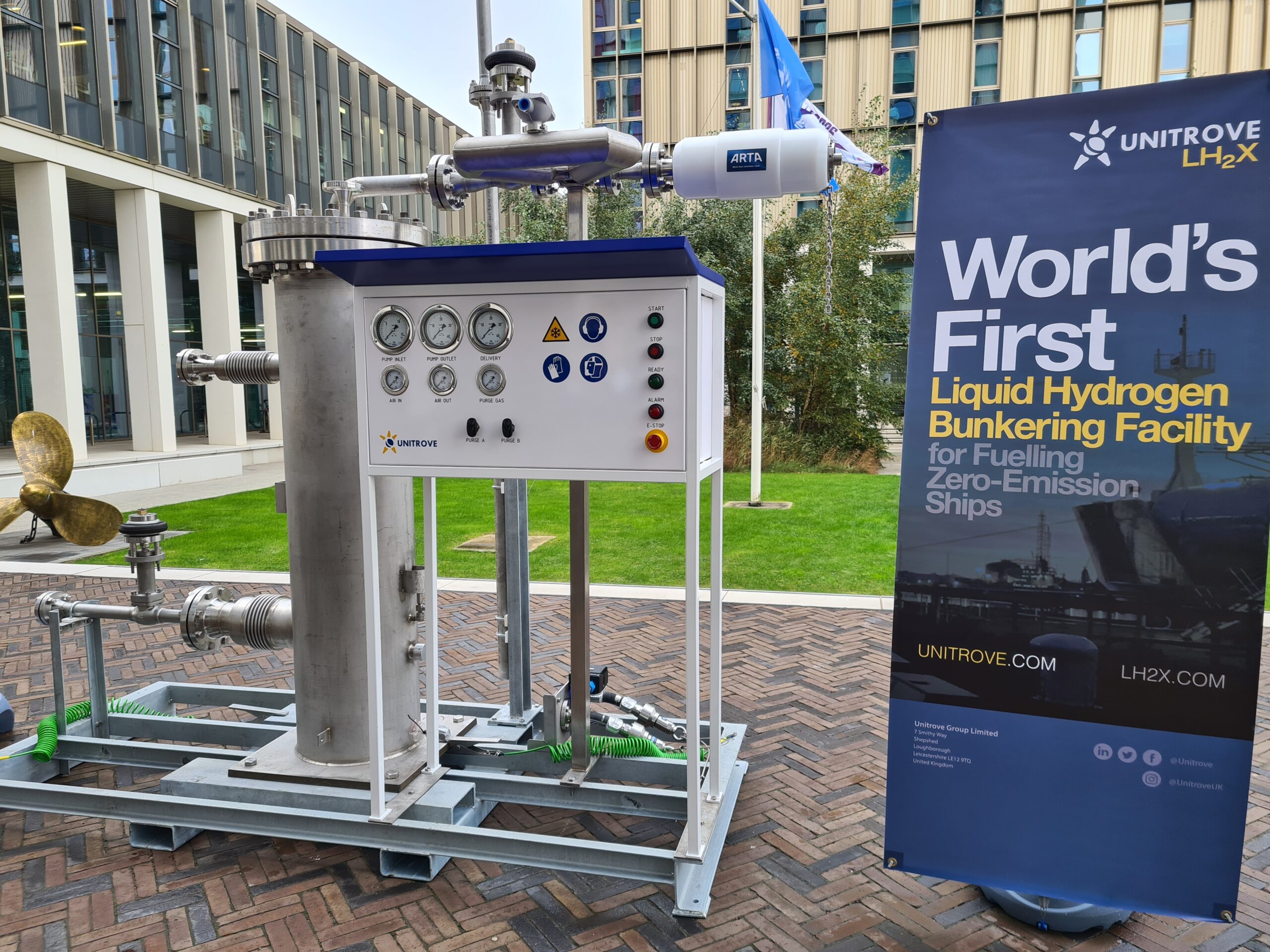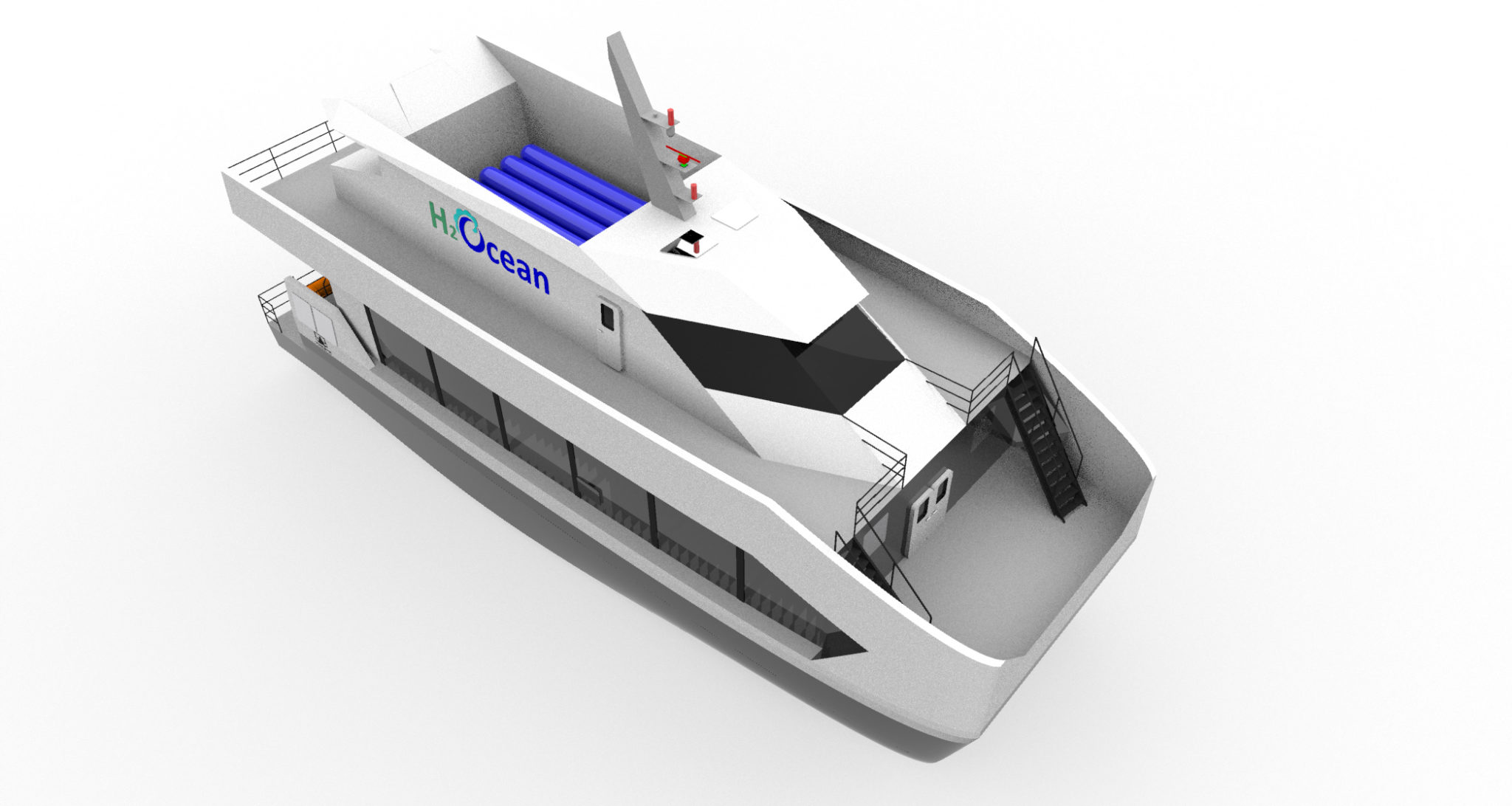The UK’s first shore-side charging network for electric maritime vessels has been launched in Plymouth, Devon.
The high-power DC electric charging stations are now available at key locations along the Plymouth Sound National Marine Park. The installations include the world’s first 150kW charging facility at Mount Batten and the UK’s first 75kW charger at Queen Anne’s Battery, as well as a 25kW facility at Barbican landing.
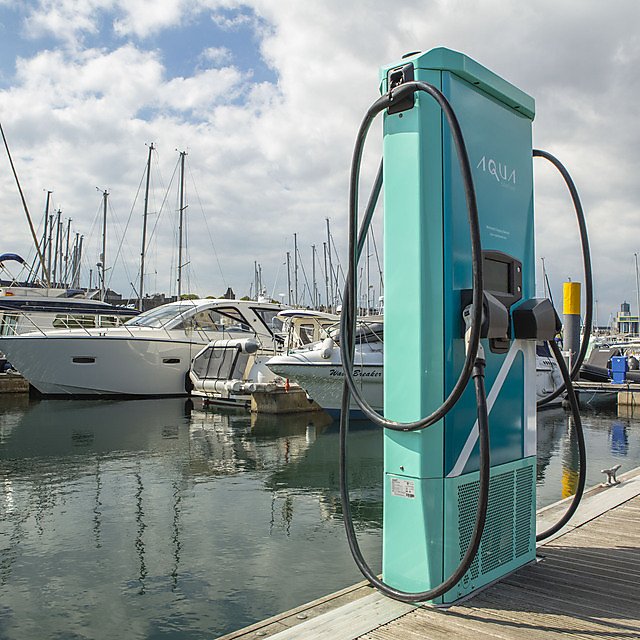
Additional installations are now being developed along the city’s waterfront, and more sites are being identified in Devon and Cornwall, as the project ultimately aims to provide electric charging facilities every 10 miles along the south coast.
Dan Turner, Low Carbon City Officer for Plymouth City Council, said:This is a landmark project boasting the UK’s first marine charging network, demonstrating Plymouth’s commitment to decarbonisation and strengthening its position as the UK’s leading testbed for marine innovation, and tying into the delivery of the National Marine Park and Freeport. By delivering this network of charging infrastructure, the partnership has helped to remove one of the key barriers to the uptake of electric vessels.
The charging network has been created through the Marine e-Charging Living Lab (MeLL) initiative led by the University of Plymouth in partnership with Plymouth City Council, Princess Yachts Limited, and Aqua superPower. The consortium directly responds to the UK government’s Clean Maritime Plan for achieving maritime net zero.
The chargers have been designed to provide a cost-effective means for commercial enterprises to sustainably switch from diesel to electric power. As a result, University of Plymouth research states that the network has the potential to reduce port emissions by 96.60% in the next 30 years.
Sarah Fear, Project and Knowledge Exchange Manager at the University of Plymouth and lead of the MeLL project, said:The Clean Maritime 2050 strategy underlines how crucial it is that the sector moves forward, and includes a number of ambitious net-zero objectives. That includes the increased electrification of commercial vessels, but if there is no infrastructure in place you cannot support the growing number of businesses looking to employ this technology. This charging network is a game-changer for Plymouth’s forward-thinking marine enterprises, and our ongoing research in this field is enabling the city and region to blaze a trail in clean maritime innovation.


